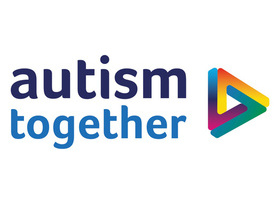Autism Together
What we do
Autism Together knows exactly how to support individuals with autism to maximise life opportunities. We offer a wide range of specialist support services to people with autism and their families. To find out more click on a category below:
Who we are
For over 50 years, Autism Together has been providing support to people with autism, offering a wide range of residential services, supported living, day services and community support from our base in Wirral, UK.
We were formed in 1968 when a group of parents established The Wirral Society for Autistic Children, which later became Autism Together.
Our ethos
Research has shown that specialist education and structured support can really make a difference to the life of a person with autism.
Every person with autism is unique, so we work with each individual to help them overcome the difficulties autism presents them with, enabling them to lead a meaningful and fulfilling life.
As a specialist provider of support to individuals with autism, Autism Together recognises each person has a right to live their life as they choose. In recognising this right we create a shared understanding of each person’s strengths and needs, and ensure each person’s preferred way of communicating these is respected and implemented by all our staff.
Our philosophy remains firmly rooted in a belief that:
We begin with what people can do, not with what they can’t do, by listening to each individual and acknowledging that they are the expert in their autism.
Our support begins with the person, along with a shared understanding of what is important to them and what their strengths and needs are.
Our support approaches are individualised so that staff can meet each person’s communication needs. Staff are trained to be consistent in the way they use communication strategies with individuals.
Like anyone, people with autism learn and change over time, so our support approaches are focused on developing lifelong learning.
Our autism strategies help people develop skills by taking into account their communication needs, thinking patterns, social understanding and sensory differences.

